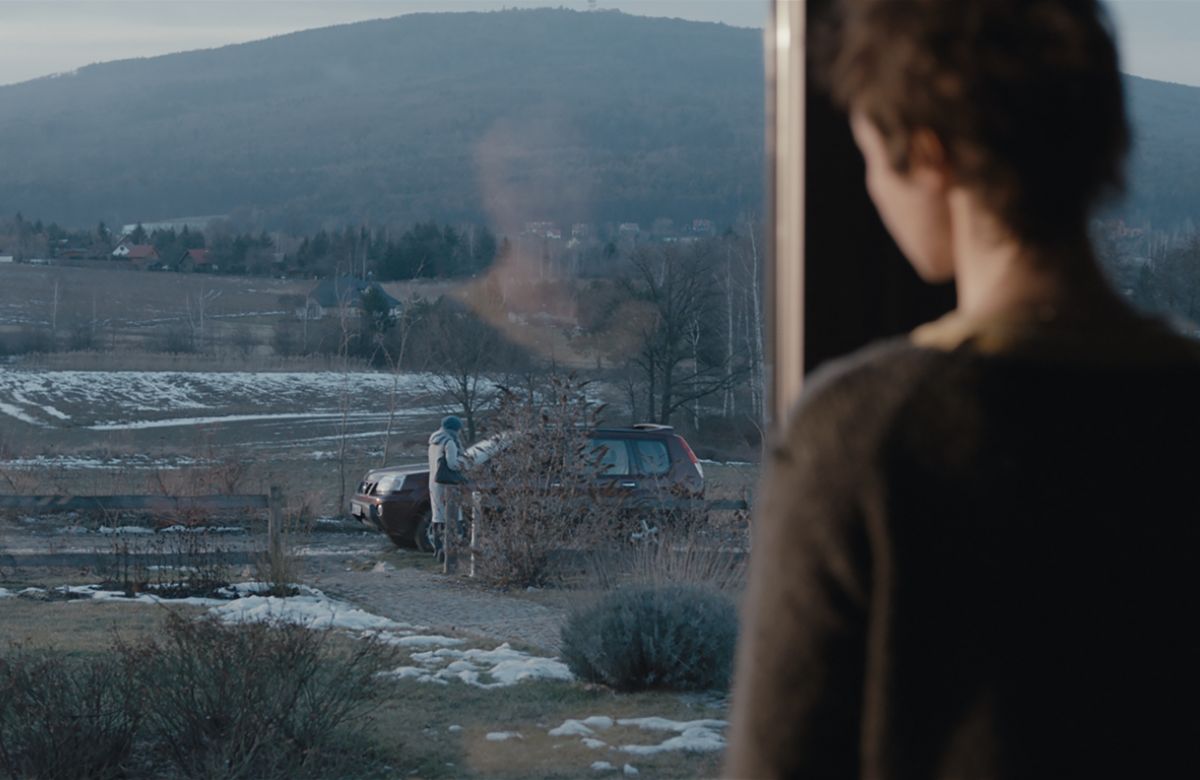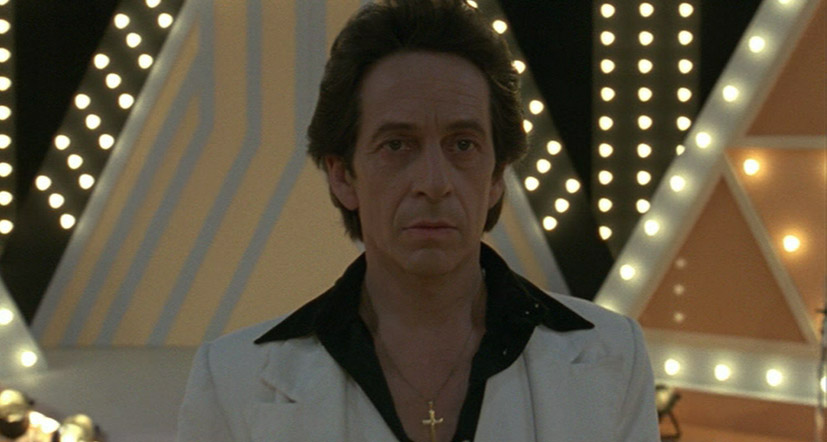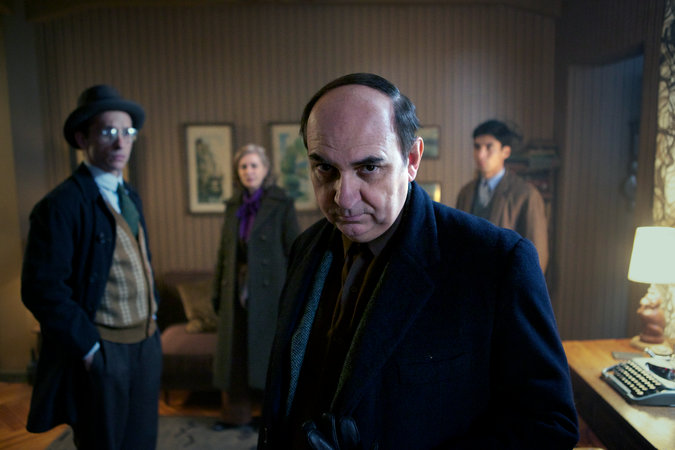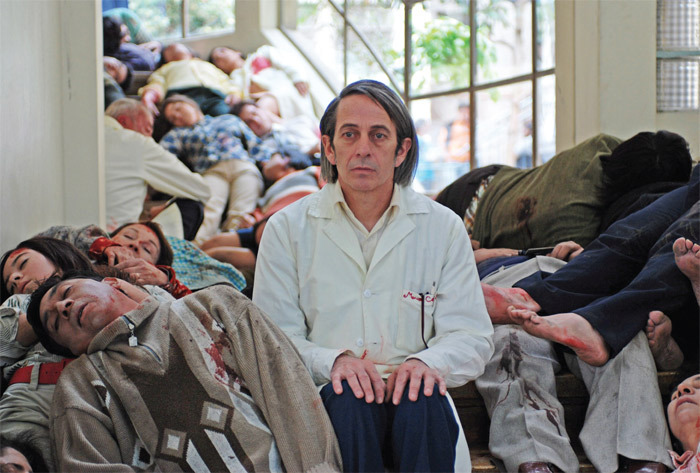
For the past two decades, Pablo Larraín has been crafting unconventional historical dramas. Although these films have always received strong reviews, the Chilean director didn’t achieve international success until the release of 2016’s Jackie. Since then, cinephiles have sought to hunt down his non-English works in an attempt to get the bigger picture.
If you are one of those people, this list is for you. Below, you’ll find all of Larraín’s films ranked. Although there is some difference in quality, it’s impressive to see just how consistent this director is. Larraín has released nine quality films in the span of sixteen years. In other words, every single entry on this list deserves to be watched. However, if you’re strapped for time, you’ll need to make the top half your priority. Still, it’s hard to go wrong with a director of this caliber.
9. Fuga (2006)

Larraín’s fascination with trauma has been evident since his directorial debut. Fuga, a drama about a musician with an ugly past, tackles many of the same themes as the director’s later works. While there are some notable flaws, Fuga is a strong debut that’s worth seeking out if you appreciate the director’s other efforts.
This is a confident, thought-provoking debut that clearly previews what is to come. Benjamín Vicuña’s performance is particularly memorable. The actor does a good job of making the most out of the more melodramatic moments. Meanwhile, the script twists and turns in unexpected directions, resulting in a movie that is bound to keep viewers on their toes.
Of course, there are the usual missteps that come with directorial debuts. Namely, there’s a distinct lack of subtlety, especially compared to some of Larraín’s strongest outings. Larraín is known for his understated approach to filmmaking, but Fuga often comes on a little strongly. It’s not too in-your-face, but it does feel like a step back when you compare it to his more recent releases.
Overall, Fuga sets a solid foundation even if it struggles to provide viewers with provocative talking points. You can see the beginnings of a talented filmmaker here, and as such, it’s worth hunting down. Just don’t expect it to reach the heights of Larraín’s greatest accomplishments.
8. Tony Manero (2008)

Tony Manero is the first entry in Larraín’s unofficial dictatorship trilogy. Though the three films don’t follow one another sequentially, they all revolve around the 1973 Chilean coup. In all three films, the setting moves the story forward without being the primary focal point.
In the case of Tony Manero, the character is driven by the events of the coup, but his internal conflicts take precedence over the big picture. In other words, this is less a historical epic and more a character study that happens to take place during a significant historic event. Given Larraín’s penchant for psychological character studies, this turns out to be the right move.
Throughout the runtime, the focus remains squarely on Raul, the Saturday Night Fever obsessed protagonist. As the layers unpeel and his darker side becomes clearer, the audience is left to wonder how he wound up this way. The director has never been fond of spelling things out for viewers, and that remains true in his sophomore effort. Still, there’s more than enough here to draw conclusions and spark discussions.
Given the low placement on the list, it should once again be noted that Larraín’s films are all of a similar quality. Tony Manero, like Spencer and Neruda, examines a fascinating person by employing a fly-on-the-wall technique. Its only downfall is its tonal inconsistencies. The pitch black comedy occasionally clashes with the psychological horror, but at the end of the day, this is still the work of a singular filmmaker.
7. Neruda (2016)

When viewing all of Larraín’s historical dramas, you might come to the conclusion that Neruda is the most traditional of the bunch. It follows a linear story that focuses on a cat-and-mouse chase between esteemed poet Pablo Neruda and a young policeman named Óscar Peluchonneau. Neruda, a noted communist, becomes public enemy number one after the election of Gabriel González Videla. This ultimately leads to a witch hunt that expands far beyond the country of Chile.
The story is relatively straightforward, and honestly, Larraín doesn’t seem too keen on experimenting with the structure. As such, it comes off as a very different movie compared to Jackie and Spencer. It’s still psychological, and it still stands out next to Hollywood biopics, but this is about as safe as the eccentric director can get.
Luckily, the story is interesting; it doesn’t need horror-esque imagery or an experimental framing device to entertain. Pablo Neruda lived a fascinating life, so sticking to the basics doesn’t really feel like a big loss. Nobody will mistake this for a standard, run-of-the-mill biopic, but viewers should be aware that it’s less daring than something like Spencer.
6. Post Mortem (2010)

Chile’s 1973 military coup was undoubtedly a haunting time for the citizens of Chile. Civilian unrest was at an all-time high, and differing political opinions led to horrific violence. This is made perfectly clear in Pablo Larraín’s Post Mortem, a film that focuses on a psychologically scarred assistant to a pathologist.
Mario, the protagonist, is withered from months of staring at dead bodies. That being said, his cold, empty stare makes him hard to read. He is, to put it bluntly, completely detached from reality. The political unrest has torn him down, and his shining light comes in the form of a show dancer named Nancy. After beginning an affair with the young woman, viewers may start to see some sort of light, but overall, he’s still an empty shell of a man.
Like many of Larraín’s films, Post Mortem is primarily a character study. However, viewers are encouraged to see how the historical events affect the protagonist’s actions. Without delving too much into spoilers, Mario is not a likable character, but is that because of the coup or is it because of something more rooted in his psyche?
Post Mortem begs to be analyzed; it’s not a movie that you should watch passively. There are too many moving pieces. If you were to ignore one of those moving pieces, the foundation could, theoretically, crumble. This ultimately means that your mileage will vary depending on how much work you’re willing to put into watching an unrelentingly gloomy motion picture. Those willing to sit back and scrutinize will find something worth watching, but this is bound to polarize viewers given the downcast tone and slow pacing.